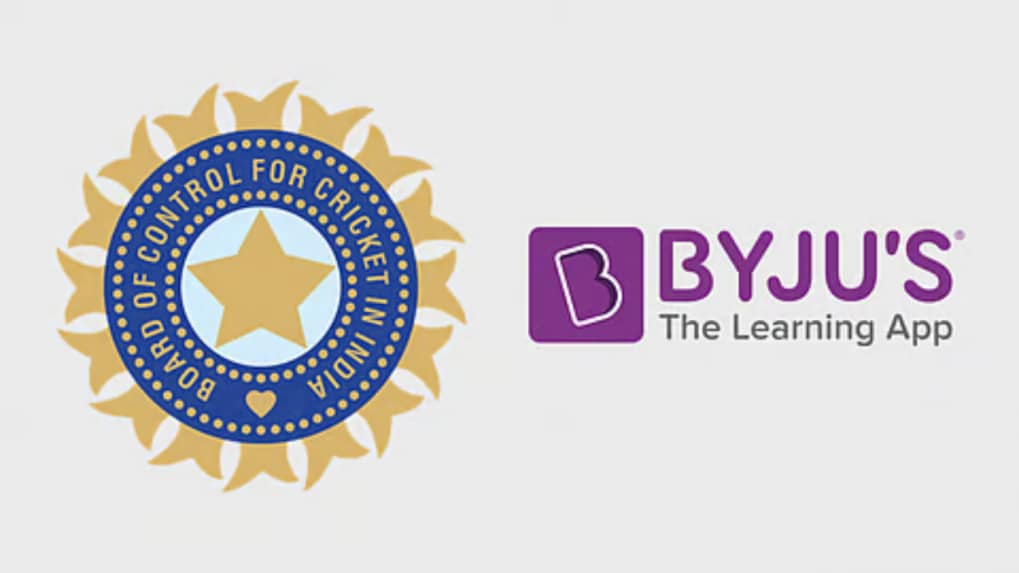NCLAT orders NCLT to decide on BCCI-Byju’s settlement within a week
The NCLT’s Bengaluru bench admitted BCCI’s insolvency plea against Byju’s parent company, Think & Learn Private Limited, on 16th July last year.
ADVERTISEMENT
The National Company Law Appellate Tribunal (NCLAT) has ordered the National Company Law Tribunal (NCLT) to decide within a week whether the Board of Control for Cricket in India (BCCI) can withdraw its insolvency case against Byju’s.
The NCLAT gave this order while dismissing an appeal filed by Riju Raveendran, who challenged the reinstatement of Glas Trust and Aditya Birla Finance into Byju’s Committee of Creditors (CoC).
A panel led by Justice (Retd.) Rakesh Kumar Jain and Jatindranath Swain stated, "The NCLT is directed to decide the application (for withdrawal by BCCI) preferably in a week’s time. We have not made any observations on the facts while deciding this appeal."
On 29th January, the NCLT had ordered disciplinary action against Pankaj Srivastava, the Resolution Professional (RP) overseeing Byju’s insolvency proceedings. The tribunal had also overturned Srivastava’s decision to exclude Glas Trust and Aditya Birla Finance from Byju’s CoC, reinstating them instead.
Additionally, the NCLT removed Srivastava as RP and instructed the newly formed CoC to appoint a replacement. It also invalidated all decisions made by the previous CoC.
However, the tribunal has yet to decide on BCCI’s request to withdraw its insolvency plea against Byju’s after reaching a settlement.
Riju Raveendran challenged the NCLT’s decision to allow Glas Trust and Aditya Birla Finance into the CoC. He argued that since BCCI and Byju’s had already reached a settlement before the CoC was formed, the tribunal should have prioritised ruling on the withdrawal application first.
Raveendran also pointed out that the Supreme Court had allowed BCCI and him to seek appropriate remedies following their settlement. He claimed that by prioritising CoC formation, the NCLT effectively dismissed the withdrawal request without formally addressing it.
The Original Case of Insolvency:
The NCLT’s Bengaluru bench admitted BCCI’s insolvency plea against Byju’s parent company, Think & Learn Private Limited, on 16th July last year. BCCI had filed the case over unpaid dues of ₹158 crore related to sponsorship rights.
Senior Advocate Arun Kathpalia represented Riju Raveendran, while Senior Advocates Kapil Sibal and Krishnendu Datta appeared for Glas Trust and Aditya Birla Finance.

